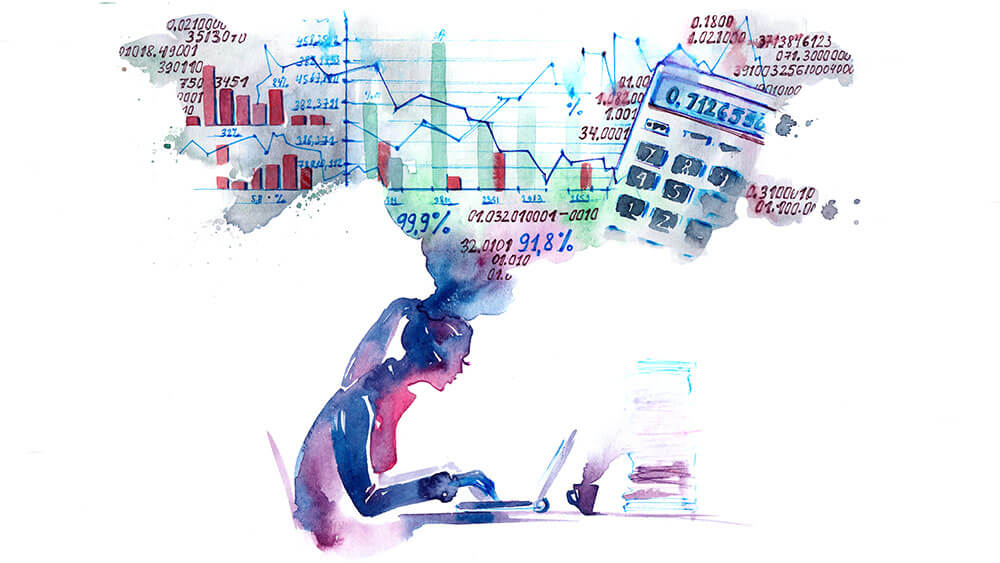
Analytical thinking and innovation topped the World Economic Forum’s list of job skills for 2025.
When the World Economic Forum (WEF) released a list of the top 10 skills for 2025 in October, the two highest-ranked spots went to skills that didn’t appear at all on WEF’s previous list: 1) analytical thinking and innovation, and 2) active learning and learning strategies. Another skill cluster that didn’t make the previous list debuted at No. 5 — resilience, stress tolerance, and flexibility. It’s not hard to trace the need to be innovative, to learn fast, and tolerate stress back to COVID-19 — in this year of the pivot, business event organizers have been called on to do all three.
The pandemic-related lockdowns and economic losses that have accompanied it are combining with the global trend toward automation to create a double disruption, according to the WEF’s “Future of Jobs Report,” which published the list.
“The pace of technology adoption is expected to remain unabated and may accelerate in some areas,” including the use of robots and artificial intelligence, the report said. Most businesses — 84 percent — plan to accelerate the digitalization of work processes and the use of digital tools, such as video conferencing, in response to COVID-19. Half of the businesses surveyed plan to accelerate the automation of tasks. By 2025, the report estimated, “the time spent on current tasks at work by humans and machines will be equal.”
Despite the challenges, economist Klaus Schwab, WEF’s founder and executive chairman, sounded a note of optimism about the future of work. The same technological disruption that is transforming jobs can also provide the key to creating them — and help us learn new skills, he said. “We have the tools at our disposal. The bounty of technological innovation which defines our current era can be leveraged to unleash human potential.”
RELATED: The Top 5 Planner Job Skills Every CEO Will Expect in 2022
According to the report, the top skills and skill groups which employers see as rising in prominence in the lead-up to 2025 are:
- Analytical thinking and innovation
- Active learning and learning strategies
- Complex problem-solving
- Critical thinking and analysis
- Resilience, stress tolerance, and flexibility
- Creativity, originality, and initiative
- Leadership and social influence
- Reasoning, problem-solving, and ideation
- Emotional intelligence
- Technology design and programming
Download the full World Economic Forum jobs report.
Barbara Palmer is deputy editor of Convene.
